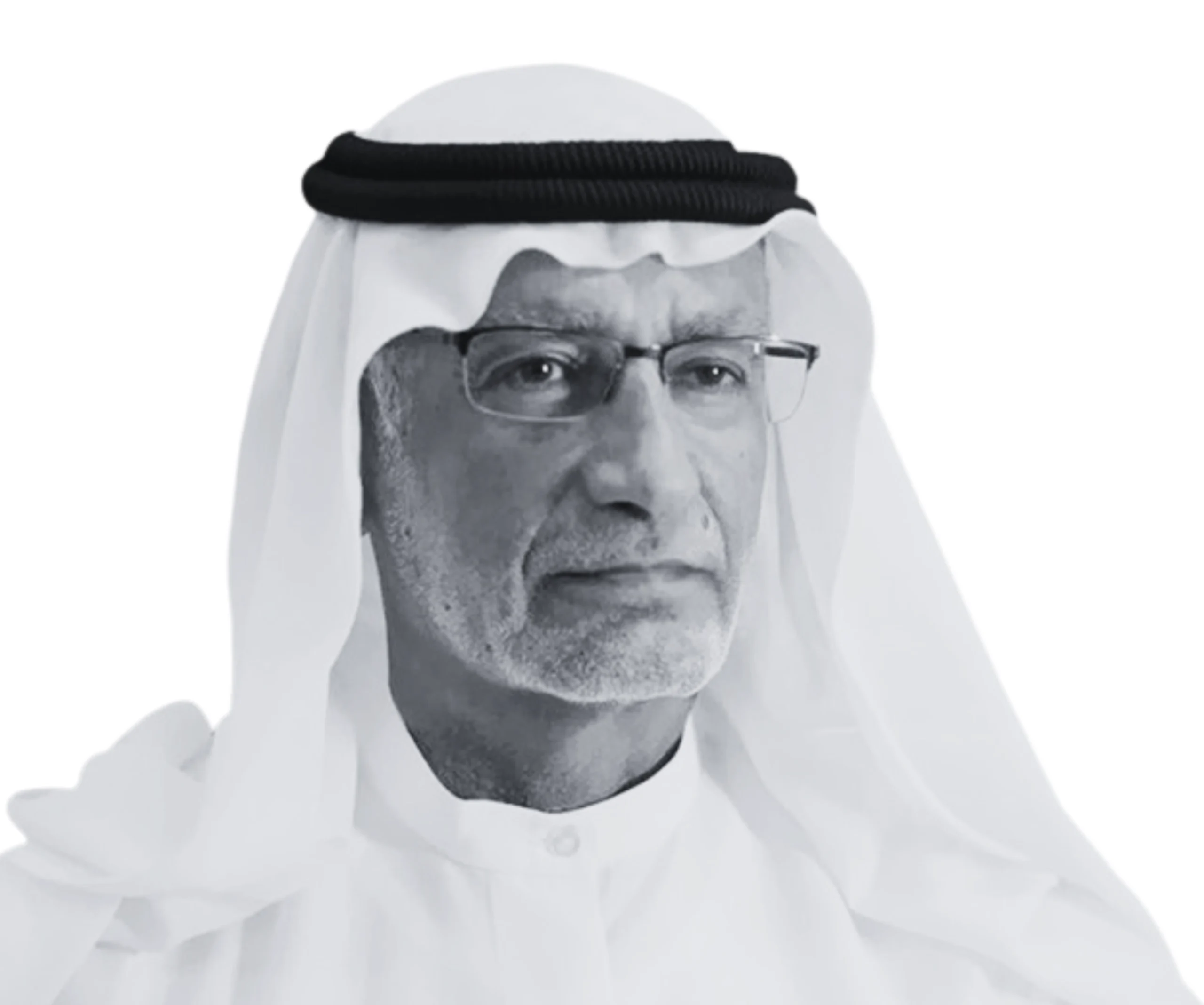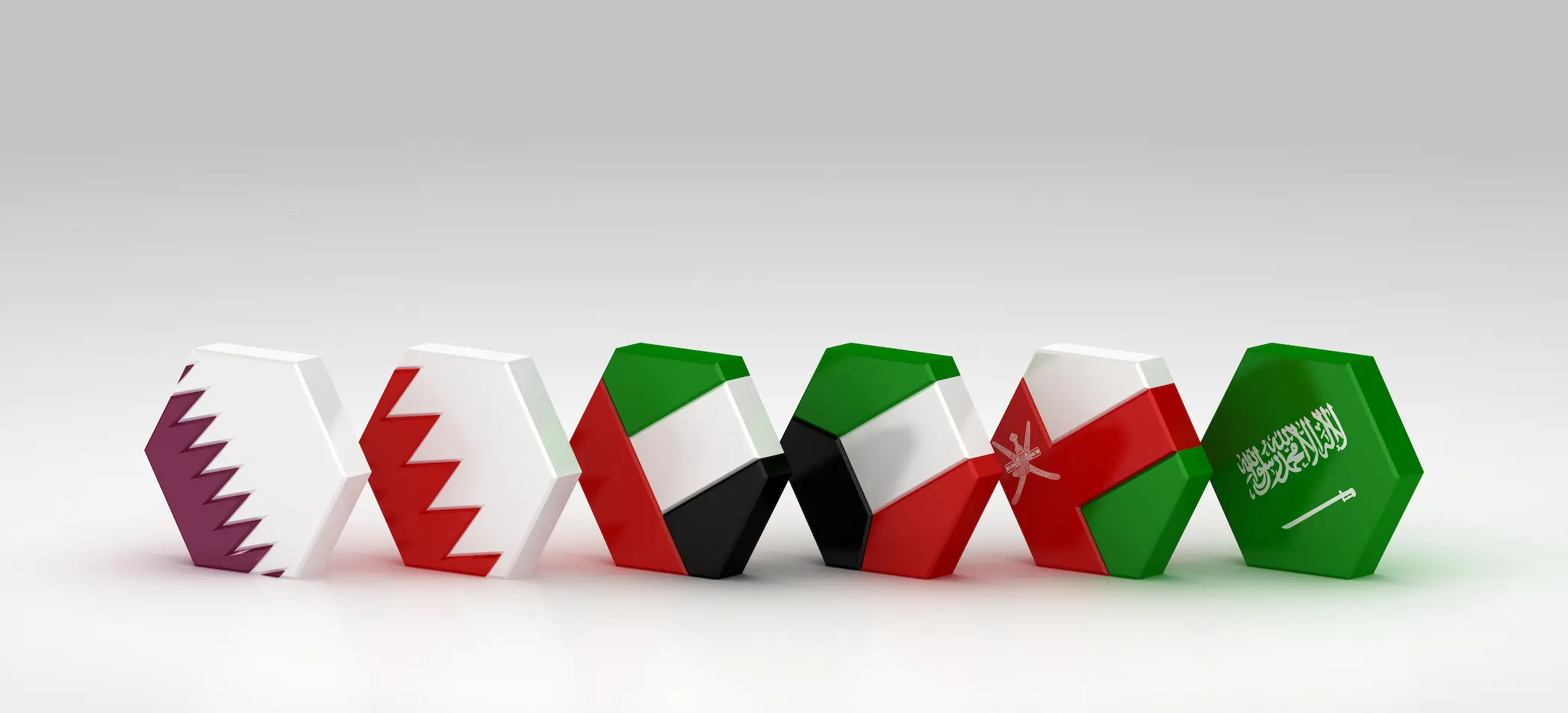Dr. Abdulkhaleq Abdallah is a political science professor from the United Arab Emirates. He holds a PhD from Georgetown University in Washington, and a Master’s degree from the American University in Washington. He is currently a visiting professor and academic at Harvard University. He is also a member of the Executive Committee of the Gulf Development Forum, a member of the Emirates’ Thinkers group, and a member of the Scientific Committee of the Journal of Social Sciences. He has published numerous articles across several prestigious media platforms.
Dr. Abdulkhalek’s interests focus on issues of security and political transformations in the Arabian Gulf, in addition to diverse writings on contemporary Arab and global intellectual and political issues. He has authored several works that have contributed to shaping Arab thought towards the UAE and the Arabian Gulf. His most notable publications include: “The Gulf Moment in Contemporary Arab History” (2019), which was translated into Korean in 2023 and republished by Harvard University in English in 2024; “The Story of Politics,” “The Cultural Movement in the UAE,” “The Gulf Regional System,” “Contemporary Gulf Issues,” and “The Contemporary World and International Conflicts.” His latest works include “Confessions of a Retired Academic,” as well as “My Journey to Harvard: Reflections of an Emirati Academic,” published in 2024.

